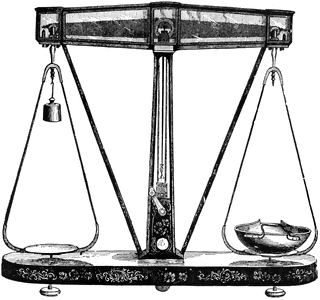In chapter 6 of The Doctrine of God, Frame discusses God's intimate presence with his people which he calls God's 'covenant presence'. He defines the covenant presence of God: "Covenant presence, then, means that God commits himself to us, to be our God and to make us his people. He delivers us by his grace and rules us by his law, and he rules not only from above, but also with us and within us." (96)
Further on in the chapter Frame introduces the 'Immanuel Principle' which is simply stated "God will be with them, to be their God and to make them his people." (98) The Immanuel principle suggests that God is present in several ways; present in time, present in place, present in blessing and judgment, and present in all of creation.
Frame is very inclusive in terms of explaining who exactly is in a covenant relationship with God; all humanity. Frame suggests that all humanity a related to God covenantally through several covenants; the creation covenant, the Adamic covenant, and the Noachic covenant [God's covenant with Noah].
Frame concludes with a point about God's absolute presence: "By "absolute presence" we mean that with out him there could be no meaning, no significance, no purpose in anything. We also mean that he is the one with whom we have most to do. Therefore, the most important thing in life is to have a good relationship with God, to be his obedient covenant servants, his faithful friends, his body and bride." (102)
If nothing else, Frame's book magnifies and compounds the greatness of God in my heart and mind. Though not everything is clear to me yet, nevertheless the overall impression I am left with so far is of a great and might God who loves his people.












